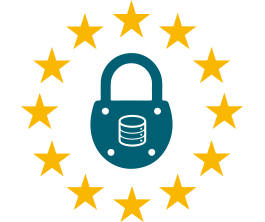2018 Annual Report - a new era in data protection
2018 was a busy year for the EDPS and a pivotal year for data protection in general. Under new data protection rules, the rights of every individual living in the EU are now better protected than ever. Public awareness about the value of online privacy is at an all-time high.
The 2018 Annual Report provides an insight into all EDPS activities in 2018. Chief among these were our efforts to prepare for the new legislation. The General Data Protection Regulation (GDPR) became fully applicable across the EU on 25 May 2018 and new data protection rules for the EU institutions are also now in place. Working with the new European Data Protection Board (EDPB), the EDPS aims to ensure consistent protection of individuals’ rights, wherever they live in the EU.
Full text of Annual Report (HTML): EN
